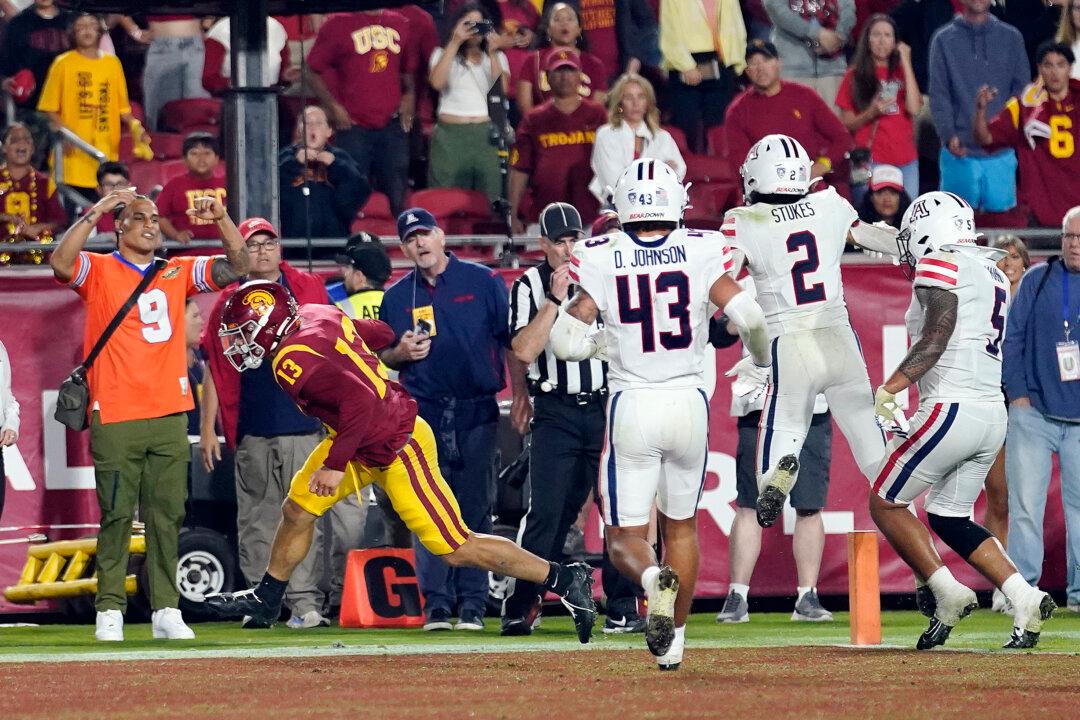The Senate Judiciary Committee is set to hear from the head of the NCAA, a leader of one of the association’s major conferences, and other relevant stakeholders in an Oct. 17 hearing about amateur athletes profiting off their own brands.
There are seven witnesses slated to speak at the hearing, titled “Name, Image, and Likeness, and the Future of College Sports.” The biggest names are Charlie Baker, former Republican governor of Massachusetts and current NCAA president, and Big Ten Commissioner Tony Petitti.





